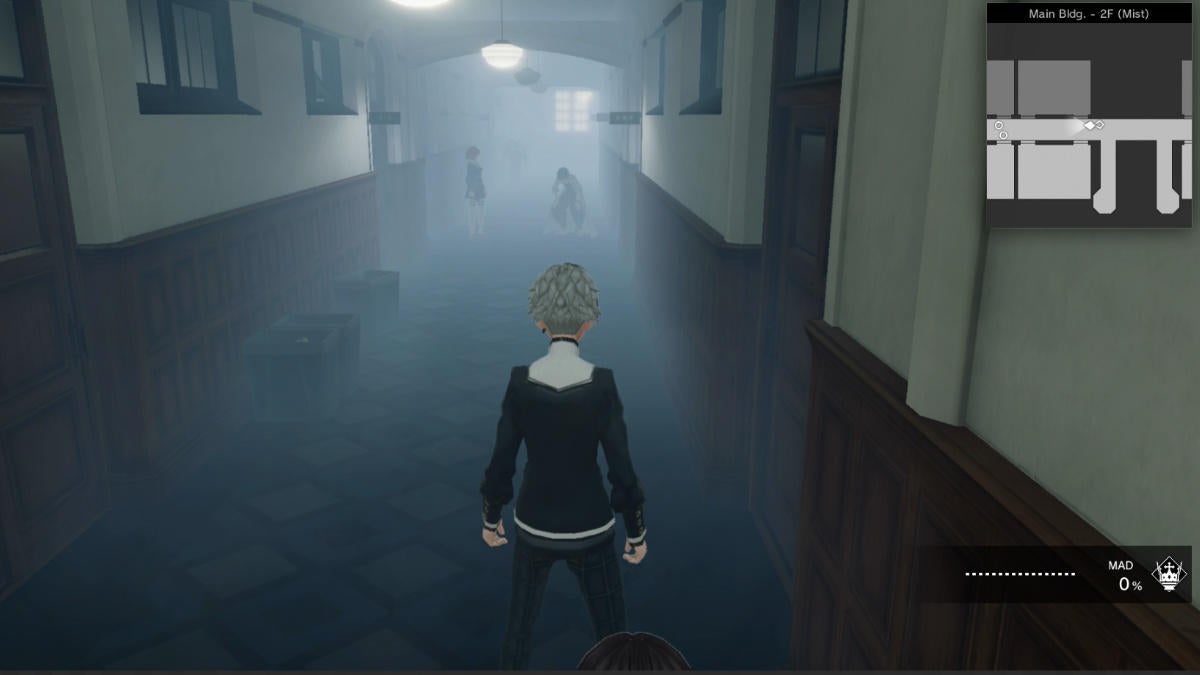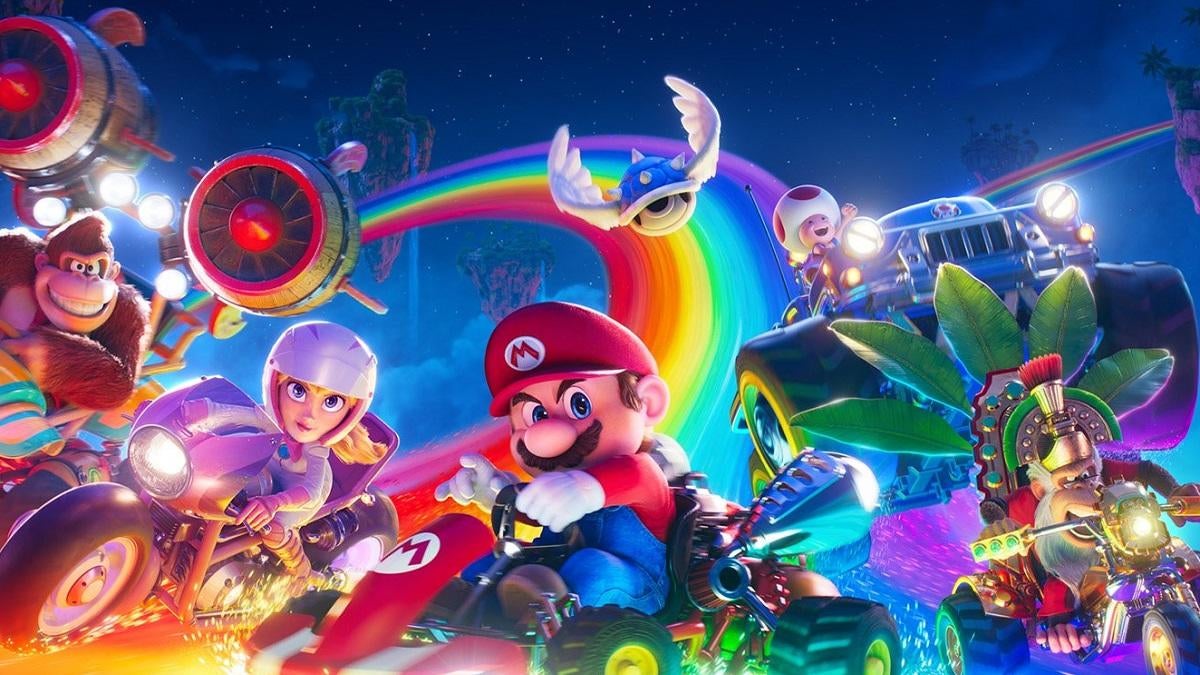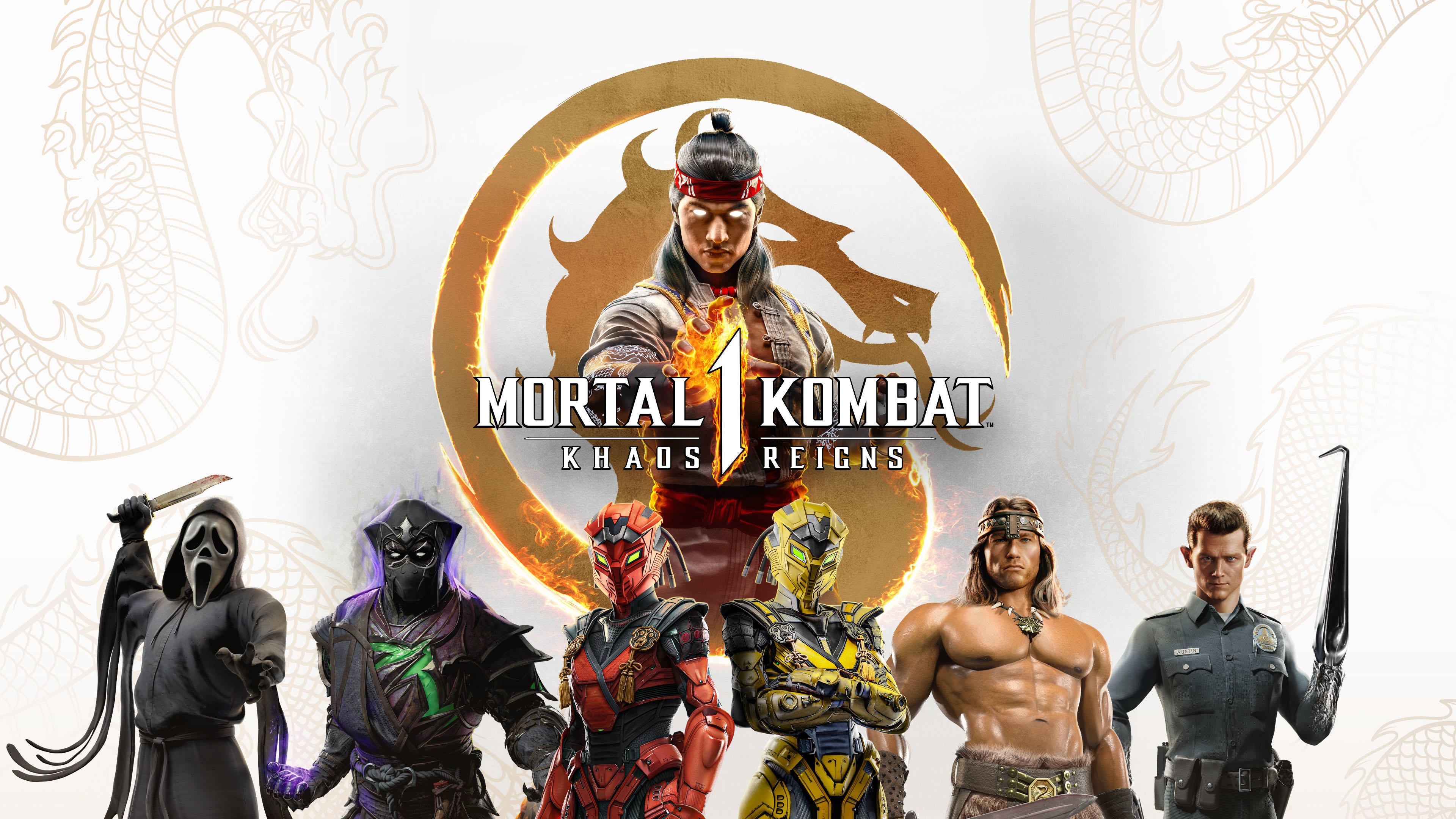Monark Review: A Compelling RPG Mash-Up
The RPG genre is in a very good place at the moment, providing fans with all kinds of different options that cater to very specific interests. Monark from Lacarse and NIS America does just that, mixing turn-based combat, strategy, and horror elements together. Mixed blends can often produce mixed results, but Monark manages to strike a balance that works mostly well.
In Monark, players take on the role of an amnesic student that wakes up inside Shin Mikado Academy. The high school has been surrounded by a barrier preventing access to the outside world. Worse, the school is covered in a mist that's driving the students mad. Each building in the school has its own Pactbearer that is the source of the mists. By destroying a Pactbearer's crystal shaped "ideals" on each floor of the building, players can drive the mists away from that floor, freeing the surviving students of the madness.
Monark has a fairly dark storyline. The game's Pactbearers tend to to have sad backgrounds, and the narrative deals with topics like school bullying, suicide, and our internal struggles. After destroying a Pactbearer's ideal, players are given a glimpse at the enemy's internal thoughts, providing a glimpse at why they ended up the way that they are. The storyline starts a bit on the confusing side, but it's engrossing enough that players will want to see where things are headed.

Exploring mist-covered floors will have an impact on the player's sanity. The longer it takes, the more their madness will increase, and things quickly get creepy when the meter gets higher. Players can also receive a "death call" on their in-game phone, which leads to a difficult encounter in the Otherworld with Daemons. Players can make things much easier on themselves by making a call themselves at the outset, initiating a less difficult battle. Combat in Monark is turn-based, but it incorporates movement and positioning, in a manner similar to XCOM-style games. Players move their character and partners along a map, and they'll have to be in a certain range of their opponents to deliver damage. Get too close and they might retaliate, but if you can attack from behind, you can do extra damage. There's a lot of strategy to character placement, and it adds a lot of fun to the game.
In Monark, players will find themselves allied with four different companions. Each character also has a Fiend. At the start of the game, the player will undergo an "Ego analysis" in which they must answer a series of multiple-choice questions. Once the results are tallied, the game will essentially provide a psychological profile of the player based on the seven deadly sins (or "vices" as the game calls them). Mine was pretty spot on, and that alone helped sell me on the game. That analysis also leads to the creation of a Fiend, which is a Daemon that helps out as a separate player in battle. Throughout the game, players are able to answer additional questions that have an impact on the Ego's stats. While other companions will come and go, the Ego remains a partner throughout the game, so there's a strong benefit to taking care of it. If the player dies in battle, it leads to a game over, so Fiends can be used as an expendable ally in combat, as well.
The game's level-up system proved a bit confusing to me, initially. After completing battles, players are rewarded with Spirit, which acts as both a currency, and a way of leveling-up. Each character and Fiend has a skill tree, and using Spirit to unlock any new Skill results in the character leveling-up. I found that the game did not do a great job explaining this element, and I didn't realize how to level up until I kept getting clobbered by the first Pactbearer. It's a shame, because this element actually does work really well, and there's a lot of strategy in how you dispense Spirit. Players can even remove Spirit (reducing a character's level), in order to change who gets it, though there is a penalty for doing so.

In terms of presentation, Monark is a mixed bag. To be blunt, there are some parts of the game that just look ugly. The environments are mostly barren, and the character models are just passable, looking like upgraded models from the 3DS era. The sound, however, is mostly strong, with some really catchy music tracks and decent voice acting. The game also runs quite well; during my time with Monark, I did not encounter any major bugs or glitches.
Monark is not a perfect game, but it's a really solid RPG. The battle system is good, the storyline is interesting once it gets going, and there's some great music, too. Graphically, the game is one of the uglier releases I've come across over the last few years, and I think the game could do a better job explaining elements of its battle system. However, if players can ignore these imperfections, there really is a lot to love, and I can see fans of the genre falling in love with it. The RPG genre has plenty of great options to pick from at the moment, but Monark's blend of JRPG, strategy, and horror elements make it a compelling option.
Rating: 3.5 out of 5
Monark is set to release February 22nd on Nintendo Switch, PlayStation 4, PlayStation 5, and PC. The game was provided by the publisher for the purpose of this review, and it was reviewed on a Nintendo Switch OLED.




